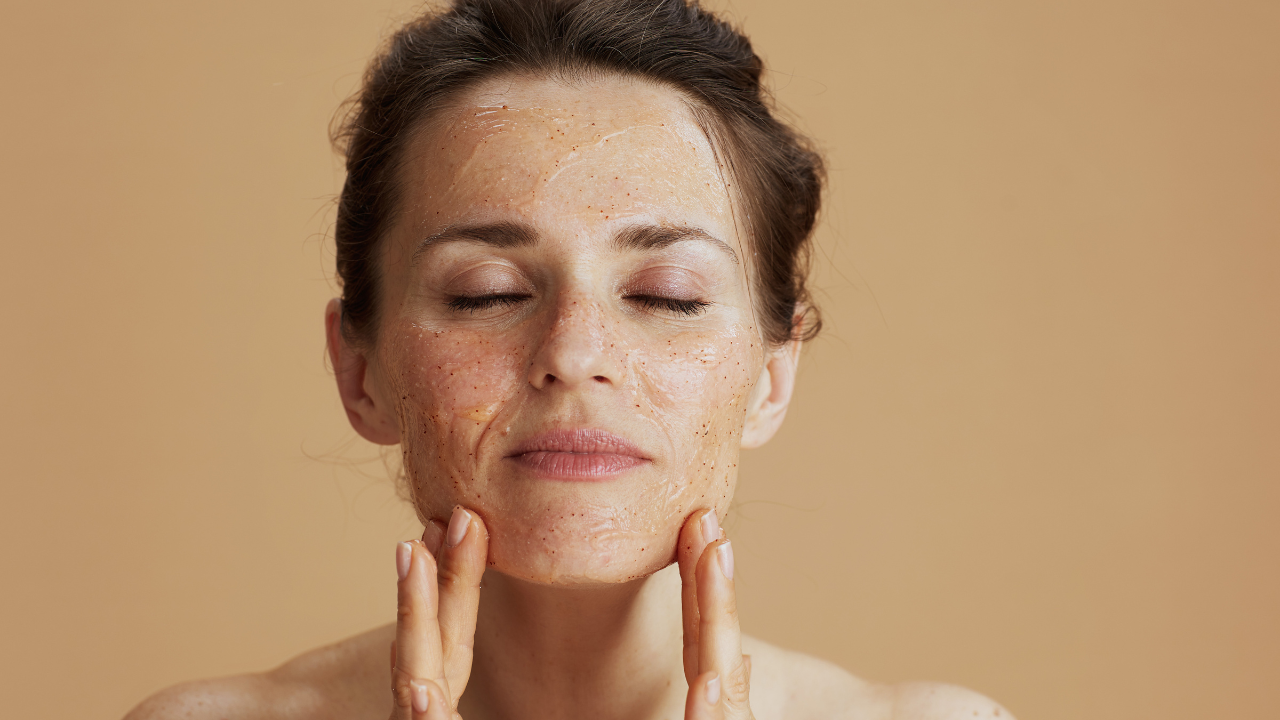Skin dehydration is a common phenomenon that can affect our well-being and appearance. Recognizing dehydrated skin and knowing how to remedy it are essential to preserving the health and radiance of our epidermis. In this article, we explore the signs of skin dehydration and how to effectively remedy it.
What is cutaneous dehydration?
Before understanding how to identify dehydrated skin, it’s important to understand what this condition is. Cutaneous dehydration occurs when the upper layer of the skin (epidermis) does not contain enough water. It can be a temporary or chronic problem, caused by factors such as climate, sun exposure, smoking, poor diet or the use of unsuitable cosmetics.
Signs and symptoms of dehydrated skin
There are several signs and symptoms that can indicate dehydrated skin:
- Sensations of tightness anddiscomfort on the face, particularly after washing or applying cosmetics.
- Skin that lacks suppleness and softness, with a tendency to mark creases and pull as soon as you change your facial expression.
- A dull, tired complexion that may be accompanied by small superficial wrinkles due to a lack of water in the epidermis.
- A worsening of skin problems such as redness, irritation and itching. Skin dehydration can also lead to acne flare-ups, as the skin is forced to produce more sebum to compensate for the lack of moisture.
Tips to prevent skin dehydration

To prevent and combat skin dehydration, it’s essential to adopt a few good daily habits:
Drink enough water
The first essential step in maintaining well-hydrated skin is to drink enough water throughout the day. A daily intake of around 1.5 to 2 liters of water is recommended to contribute to good skin and body hydration.
Choosing the right cosmetics
It’s essential to use products specifically designed for dehydrated skin, and to ensure that they are free from irritating agents such as alcohol or perfumes. Opt for creams, lotions and serums rich in moisturizing active ingredients such as hyaluronic acid, shea butter and glycerine.
Adopt a balanced diet
A diet rich in fresh fruit and vegetables can help maintain skin hydration levels. Certain foods are particularly good for the skin: cucumbers, watermelon, tomatoes, avocados, oily fish, nuts and seeds all contain nutrients that help retain water in the epidermis.
Protect your skin from the sun
The sun is one of the main causes of skin dehydration. Remember to apply a daily sunscreen with an SPF adapted to your skin type, and to limit prolonged exposure to the sun as much as possible, especially during the hottest hours of the day.
Reflexes to adopt when you have dehydrated skin
If, despite your efforts to prevent skin dehydration, you find that your skin is showing the signs mentioned above, here are a few simple reflexes to put in place:
Intensify hydration
It’s essential to apply moisturizing care products regularly and in sufficient quantity all over the face, not forgetting the eye contour and lips. For optimum effect, apply your creams and serums to slightly damp skin to help the active ingredients penetrate.
Pamper your skin with specific masks and treatments
Treat your skin to an intense hydration cure by regularly applying a moisturizing mask to your face. You can also try thermal water misters to refresh and soothe your skin throughout the day.
Repair the skin barrier
To help your skin regain its moisture balance, opt for skin care products that reinforce the skin barrier and support its natural water retention mechanisms. Ingredients such as ceramides, omega-3 fatty acids and niacinamide are particularly well-suited to this task.
See a professional
If, despite all these tips, your skin remains dehydrated and uncomfortable, don’t hesitate to consult a dermatologist, who will be able to suggest a treatment suited to your situation and provide you with personalized advice.
In conclusion, recognizing dehydrated skin and adopting the right habits to care for it is essential to preserving the health of our epidermis. Don’t forget that every skin is unique, and that you need to adapt your routine over time to suit your skin’s needs.

I’m a young man studying in the field of health and sexuality. Passionate and committed, I am known for my dedication to my studies and my desire to make a significant contribution to society.
I am particularly interested in issues of consent and prevention in the field of sexual health, a subject that I feel is crucially important and often neglected. Those who know me well describe me as an empathetic person with an incredible ability to understand and support people in need.
I strive to demystify preconceived ideas about sexuality and improve attitudes and perceptions around sexual health. I’m a passionate advocate of the importance of sex education and consent education in universities, recognising the major transition students are going through in terms of their love and sex lives during their studies.
With a keen eye on society, I am particularly concerned about the problems of forced or unwanted sexuality among students, which I find unacceptable. I plan to devote my career to changing these disturbing statistics, by creating training and intervention programmes to improve knowledge, attitudes and behaviour relating to sexuality among young people.
My ultimate goal is to create an environment where every individual has the power to make informed choices about their sexual health, and where respect and consent are the norm. Overall, I am a character who represents commitment, compassion and the desire to make a difference in the world.
